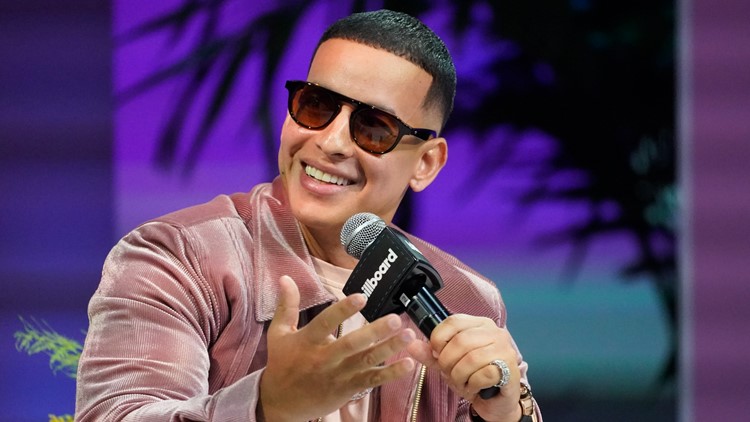NEW YORK — Daddy Yankee surprised his fans by announcing his imminent retirement from music with an album and a farewell tour, more than three decades after starting a career that put reggaetón on the world map with hits including “Gasolina”, “Somos de Calle”, “Con Calma” and “Despacito.”
His success has made him one of the biggest idols in Latin music and a winner of six Latin Grammy Awards.
“This career, which has been a marathon, at last I see the finish line,” the 45-year-old Puerto Rican star said in Spanish in a video posted Sunday night on his website. “This genre, people tell me that I made it global, but it was you who gave me the key to open the doors to make this genre the biggest in the world.
“Today I announce formally my retirement from music by giving you my best production and my best concert tour,” added Yankee, who in 1995 released his first album, “No Mercy,” and reached international stardom a few years later with the iconic “Barrio Fino.”
Yankee, whose real name is Ramón Luis Ayala Rodríguez, will release “Legendaddy” on Thursday night, which he defined as “a collector’s item” that will include all the styles that have defined him. "‘Legendaddy’ is struggle, party, war, romance,” he said of the album, his first in a decade since 2012's “Prestige.”
In the summer, he will launch “La Última Vuelta" (which means the last lap or the last round,) a 41-date tour kicking off August 10 in Portland, Oregon that will take him across the U.S., Canada and Latin America, ending on December 2 in Mexico City.
Pre-sale tickets will be available on Friday, while the general sale begins on March 30.
“I always worked not to fail you, not to look for any problems, with a lot of discipline, to be able to inspire children to be leaders, to dream of growth, to not think about limitations, and to work for their families and their people,” said the singer known as the “King of Reggaetón.”
“In the neighborhoods where we grew up, most of us wanted to be drug dealers. Today, I go down to the barrios and small villages and most of them want to be singers. That means a lot to me.”
He concluded by expressing his gratitude to his fans, his colleagues, producers, broadcast media and press, “and especially you, who have been with me from the underground, from the roots, from the beginning of reggaetón.”



